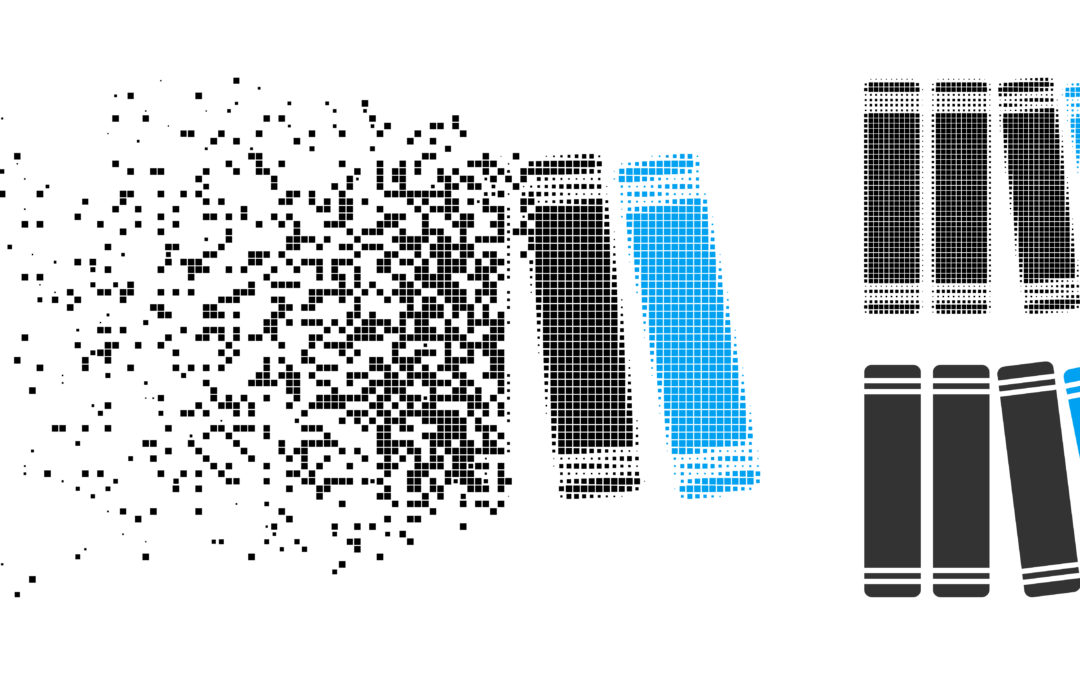I’ve been following Diane Ravitch’s blog for a while now. I think she does a truly invaluable job of bringing to light the machinations of the privatization/charter movement and the assault on public education. (I confess that I’m also in awe of the sheer amount of blogging she does — somehow she manages to get up at least three or four posts a day, whereas I count myself lucky if I can get up that every couple of weeks.)
I don’t agree with her about everything, but I was very much struck by this post, entitled “The Reformers’ War on Language and Democracy.”
Diane writes:
Maybe it is just me, but I find myself outraged by the “reformers'” incessant manipulation of language.
“Reform” seldom refers to reform.
“Reform” means privatization.
“Reform” means assaults on the teaching profession.
“Reform” means eliminating teachers’ unions, which fight for better salaries and working conditions.
“Reform” means boasting about test scores by schools that have carefully excluded the students who might get low scores.
“Reform” means using test scores to evaluate teachers even though this practice has negative effects on teacher morale and fails to identify better or worse teachers.
“Reform” means stripping teachers of due process rights or any other job security.
“Reform” means that schools should operate for-profit and that private corporations should be encouraged to profit from school spending.
“Reform” means acceptance of privately managed schools that operate without accountability or transparency.
“Reform” means the incremental destruction of public education.
Reading Ravitch’s post, I couldn’t help but think about the linguistic games that the College Board is playing — the College Board under David Coleman having become a central player in the “reform” movement.
As Ravitch points out, however, the word “reform” has become a euphemism for a whole host of destructive practices.
The point of a euphemism is to make an unpleasant or potentially offensive reality more palatable by presenting it in neutral or even positive terms. “Reform” is, of course, a nice, neutral/positive word, which is why it makes such an effective euphemism, and thus why it was seized up on in the first place.
Now, “euphemism” is a word that is tested on the current SAT. It falls into the categories of both “hard” vocabulary and content knowledge: it’s a pretty sophisticated word, but it’s also the sort of specific rhetorical device that students are presumably (or at least should be) learning in English class.
Presumably, it’s also the sort of word that is now considered “irrelevant.” And that got me once again thinking about just what the College Board means by “relevant.”
When I considered the words held up as examples — analyze, synthesize, hypothesis — it occurred to me that relevant also means something like “neutral.” No one would argue that these words aren’t important in school, but they are also exceedingly inoffensive, and I don’t think that’s an accident.
In contrast, when I look back through recent SATs, I’m struck by the number of “loaded” words that appear on the exam — words like partisan, obsequious, polemic, pundit, jargon, convoluted, deference, transparency, obfuscation.
These are incredibly negative words, not to mention incredibly political ones. While these are certainly not the kinds of words most high school juniors encounter on a daily basis, in the classroom or out, they are most certainly “relevant.” They are words that educated people use to critique politicians and corruption and so-called reform movements. People — teenagers — do not “naturally” or spontaneously acquire the vocabulary to understand and follow these types of adult phenomena. Gaining access to these words means gaining access to these concepts. How could someone make sense out of Rush Limbaugh without the word pundit?
The conflation of “relevant” with “neutral,” I think, reflects a world view that conflates neutral language, or neutral tone, with objective reality — that there is only one answer, that what is simply is, and any possibility of criticism is therefore precluded. Moreover, any person who does attempt to criticize them can be dismissed as fringe, unstable, “irrelevant,” etc., etc. and therefore unworthy of serious consideration.
Interestingly, by asking students to identify the author’s attitude in very neutral-sounding passages, the current SAT makes the point that sounding neutral is not the same as being neutral. That’s a subtle but exceedingly important idea: in reality, people can use extremely neutral language to propose all sorts of crazy things. The fact that their tone is reasonable does not mean that their ideas are reasonable (ahem, Ben Carson). Learning to think critically involves acquiring the tools to distinguish between those two things, and to spot inconsistencies.
The new SAT, in contrast, barely deals with tone and attitude, never mind the distinction between them. (Because, of course, appearance is the same as reality, and things should be taken at face value, right?)
Furthermore, the exclusive focus on second meanings is now beginning to strike me as suspect as well. Obviously, yes, a number of very common words in English have multiple meanings, and understanding when words are used in non-literal ways is an important component of comprehension. (I once had a student completely misinterpret a section of a passage because he thought execute mean “get rid of” rather than “carry out.”)
Most “hard” words have one very specific meaning that is used to add a very specific connotation; learning how to use these words appropriately means gaining the ability to write in a more nuanced and sophisticated way. In contrast, the point of focusing on second meanings is essentially that words can be used to mean whatever an author wants them to mean.
By that logic:
“Black” can mean “white,”
“Reform” can mean “privatize,”
“Honor” can mean “destroy.”
